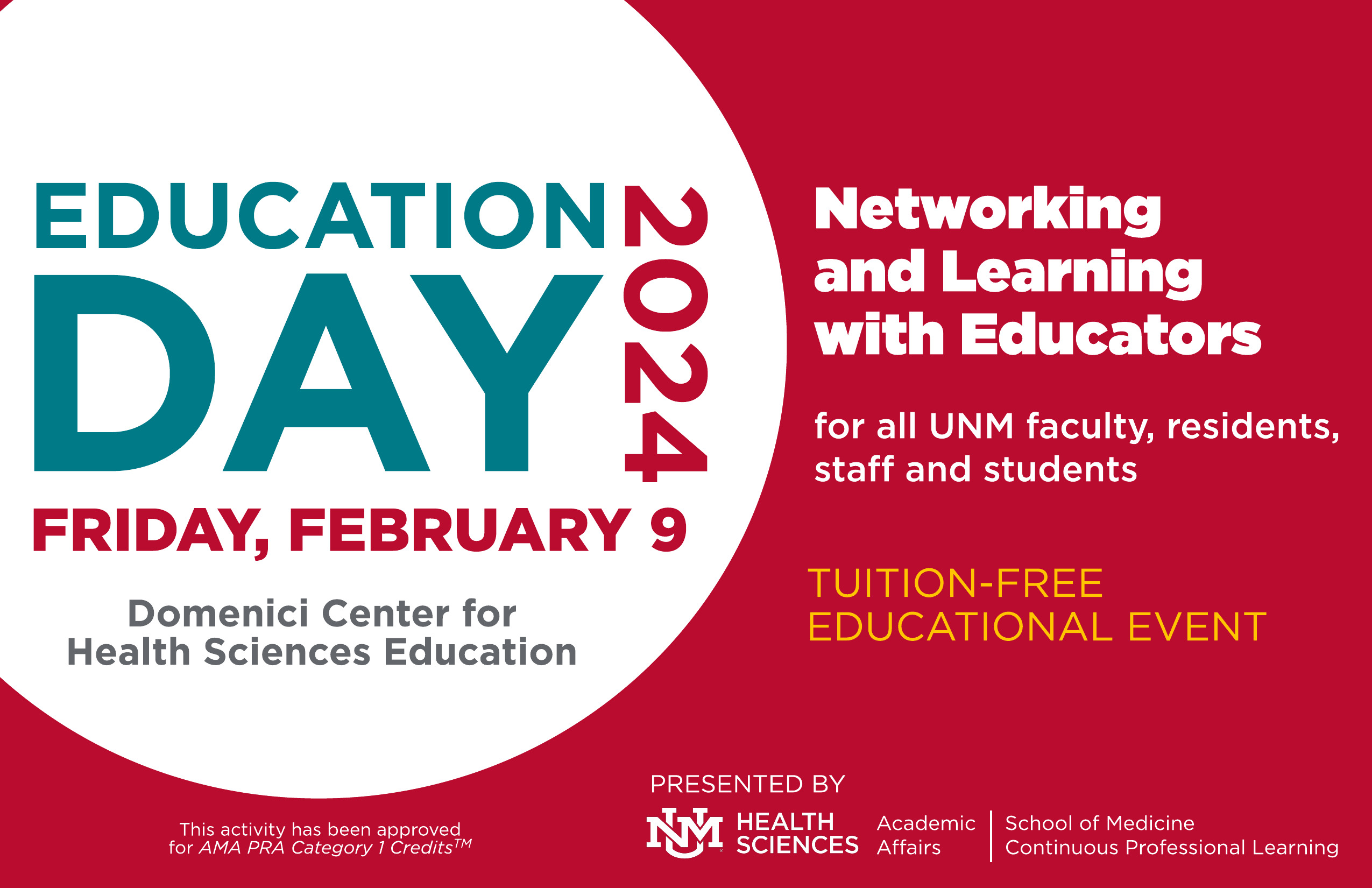
HSC Education Days
Document Type
Poster
Publication Date
9-28-2018
Abstract
BACKGROUND: Nephrology attracts fewer medical graduates despite the growing care and workforce demand. Interventional Nephrology could re-foster interest in this subspecialty. Percutaneous kidney biopsy (PKB) is the most common procedure and should be adequately taught through simulation training according to ACGME requirements. We initiated a PKB simulation training program and we designed a two-year study in order to examine its effect on the confidence level, the procedural competence and the satisfaction with this training of Nephrology fellows compared to historical controls (fellows trained on PKBs before the initiation of the program).
METHODS: All fellows were consented and trained at UNM’s simulation center (BATCAVE) with a renal biopsy ultrasound training model (CAE Healthcare Blue PhantomTM). Participants demographics and previous PKB experience was collected. Pre-assigned readings, online videos and hands-on practice on the simulation model were utilized as educational strategies. Performance of the trainee during each one-hour session was graded by the use of an evaluation form specifically designed for PKBs. Pre-and post-simulation surveys evaluated the participants’ confidence level quantitatively. All participants completed the satisfaction with PKB simulation experience scale (PKB-SSE).
RESULTS: All three 1st and 2nd year current renal fellows completed the simulation training. The following table summarizes the basic information acquired from their training. Overall, the program enhanced the confidence level of fellows without previous experience on performing PKBs. All fellows expressed a high level of satisfaction from their participation in this training.
CONCLUSIONS: PKB simulation training may improve trainees’ confidence level especially for those without prior experience as well as their satisfaction with the training. The procedural competence of the trainees on PKBs will be evaluated during the second year of their fellowship and will be compared to the procedural competence of historical controls.
Recommended Citation
Roumelioti, Maria E.; Jonathan Owen; Christos Argyropoulos; Yue H. Ng; and Mark Unruh. "A Kidney Biopsy Simulation Training Program: First Year's Results." (2018). https://digitalrepository.unm.edu/hsc_ed_day/15



Comments
This poster was presented during the University of New Mexico Health Sciences Center Education Day, 2018.